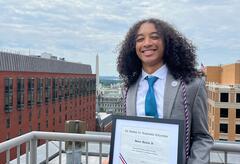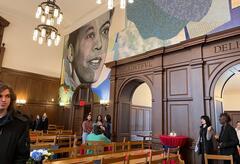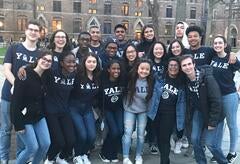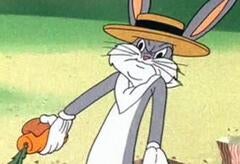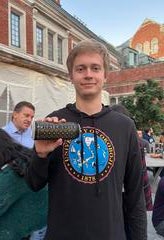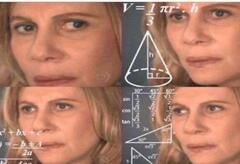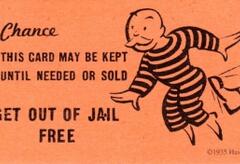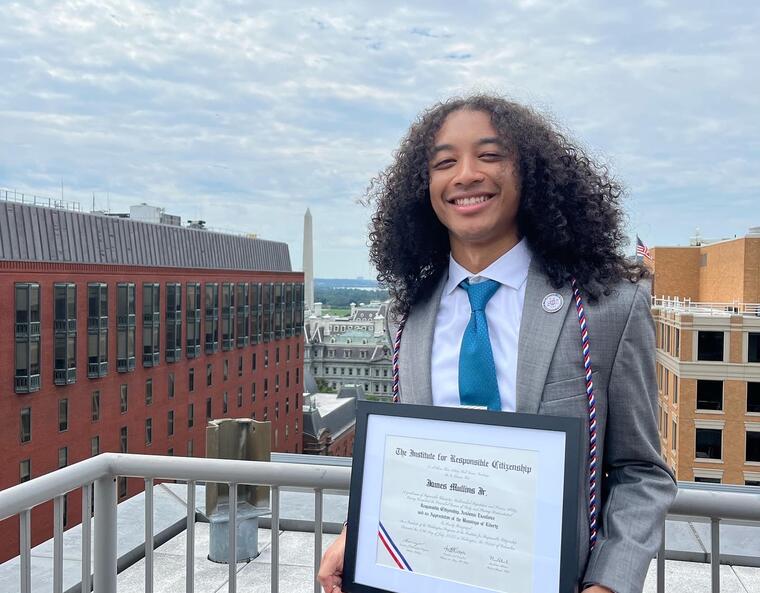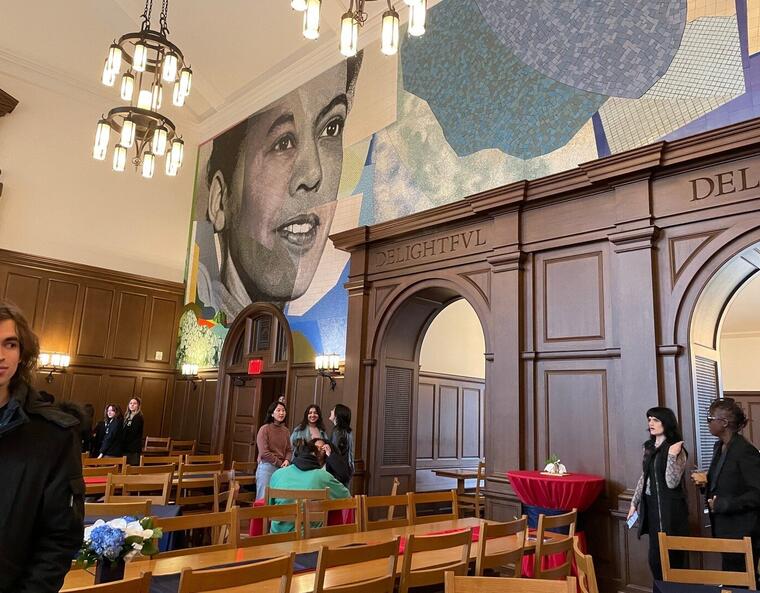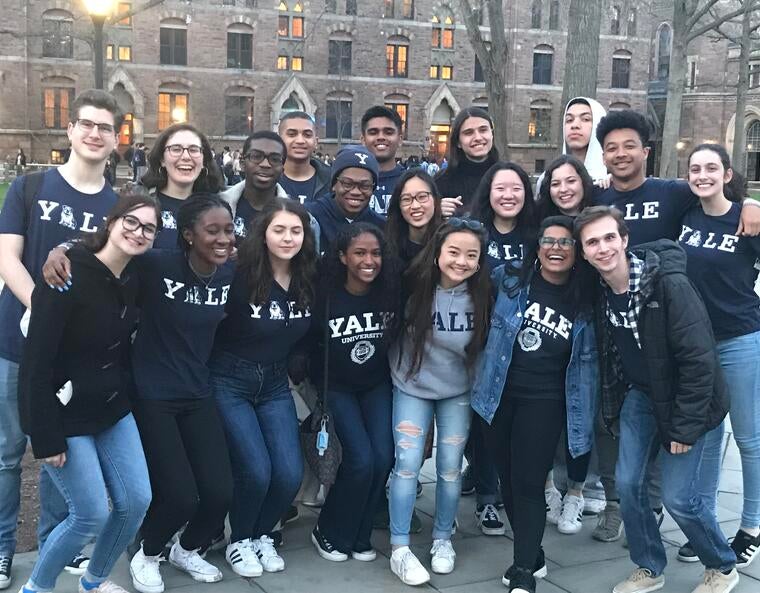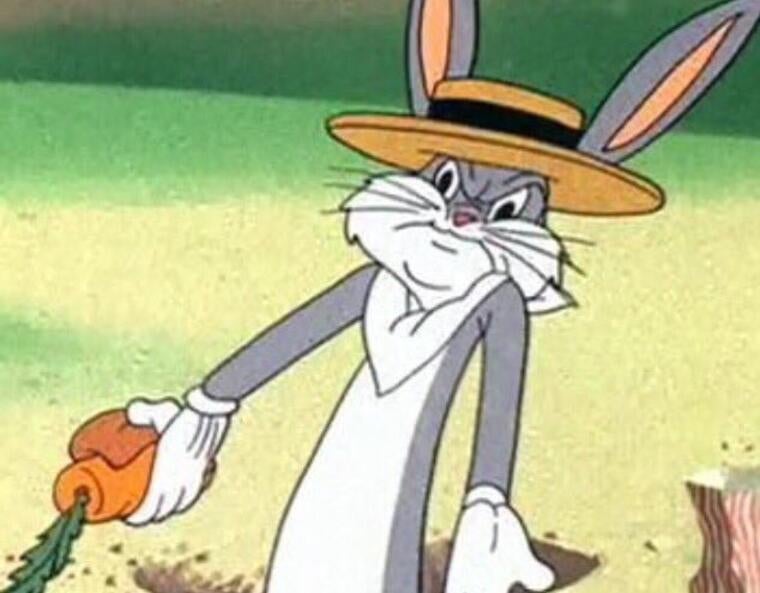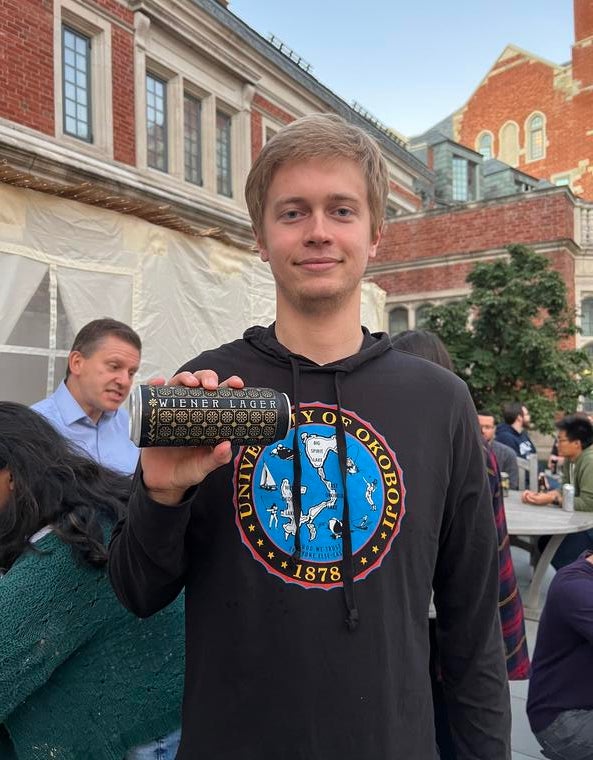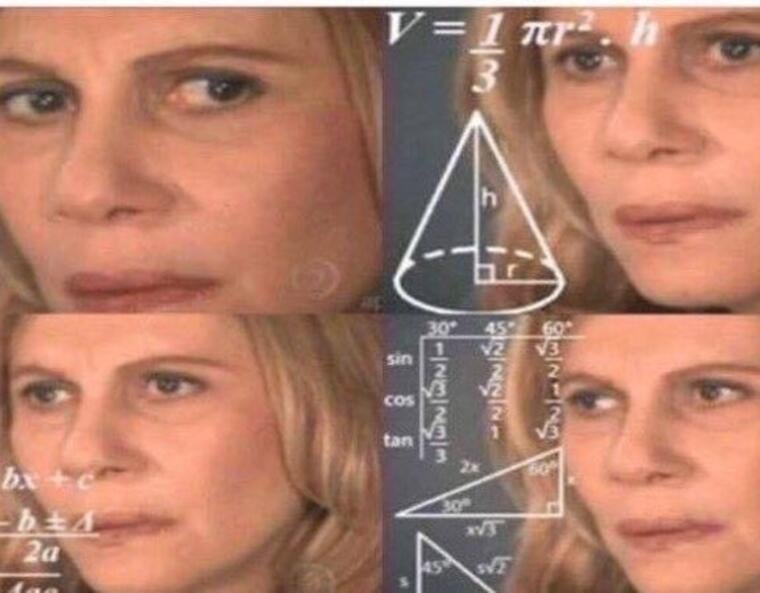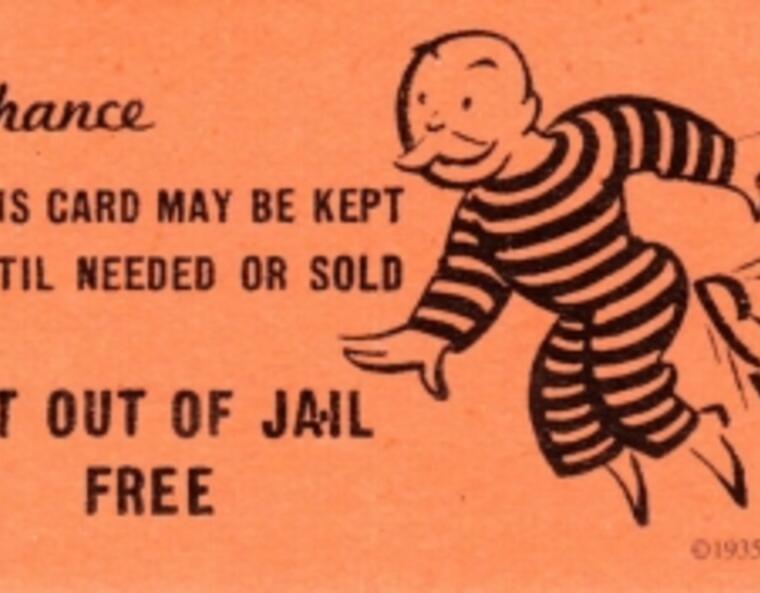
It’s no secret that Yale is a liberal arts college — in fact, you might have noticed that we kind of make a big deal about it. I’ve tested the waters of more than a few subject areas in my time here, but I’ve always felt like I hadn’t let myself take a really eclectic semester. Well, what better time than my senior year? As I was deciding on my final Yale courses, I tried to pick classes that covered areas that I’ve always been interested in, but had been put off for the sake of completing my major. Note that my major is Ethics, Politics, and Economics — you’ll see that the work I’m doing this semester has precious little to do with any of those areas. Sifting through the (literal) thousands of courses was certainly time-consuming, but I think the end product was worth it — and I suspect that you’ll agree.
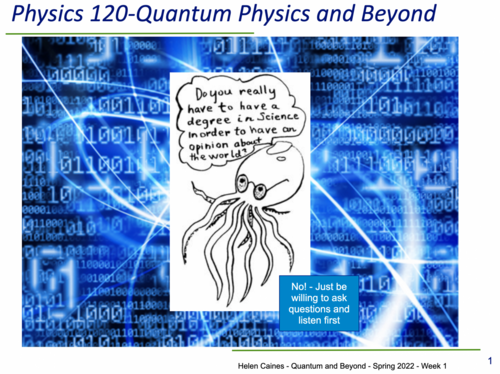
The opening slide from our first class.
Everyone has to take two science courses to graduate, and I’ve only taken one to date, so my time has effectively run out. Thankfully, there is a whole slate of science courses that are meant to give non-science majors a fulfilling and educational experience without requiring a huge amount of technical knowledge. One such course is Physics 120, otherwise known as Quantum Physics and Beyond.
I used to watch Bill Nye and Neil deGrasse Tyson with my family all the time — in eighth grade I’d decided that I was going to be an astrophysicist! Career plans changed, but I’ve had my eye on this course for a couple of years now. We’ve been covering topics in modern physics, from subatomic particles to the Big Bang. The readings are interesting and digestible, and you certainly don’t have to be a quantum physicist to take this class. It’s the perfect way for me to fulfill this requirement, actually.
Multivariate Statistics for Social Sciences
I’m also finishing up the Certificate in Statistics and Data Science — you have to take five courses in four general areas, and this is my fifth and final course. It’s completely asynchronous, which means that the lectures have all been prerecorded and there’s no time where I actually have to be in a specific place (though the course staff holds copious amounts of office hours for our convenience). I love working at my own pace and in my own room, so this course is perfect for me! This is actually the second course that I’ve taken with this professor in this format — the lectures are all recorded from his chest up, so it’s entirely possible that I’ll have spent a full year with this professor without ever seeing his legs. Weird.
In this class, you learn a variety of statistical techniques for analyzing complicated real world data. Through this class, people apply these techniques to study healthcare, economics, the environment; a whole bunch of topics that deserve our attention. I chose to go a more lighthearted route, since I promised myself that I’d make this semester as fun as possible. So, I’m applying these techniques to NBA statistics — it’s still great practice, if a bit more low stakes! As an avid basketball fan, it’s been a fun couple of weeks, and sometimes I’ll even text my findings to my brother.
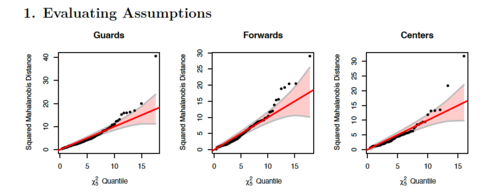
A couple of graphs that I made for my most recent assignment — I wasn’t kidding about spending the entire semester on the NBA statistics!
American Neighborhood Musics
As a senior in high school, I applied to a lot of schools as a double major with political science and music performance. Career paths changed again (noticing a trend?), and I’ve missed spending time with music in a classroom environment. Well, lucky for me, Yale is home to a world class music school, and there are a ton of courses well-suited to undergraduates. I enrolled in one such course, where we learn about (and listen to) music coming from distinctive times and places all over the country.
The class covers early American music (military marches, ragtime, jazz, etc.) as context for what is to follow. We then spend two weeks each on go-go, Tejano, reggaeton, and Korean-diasporic music. The music is fantastic — what better homework is there than listening to amazing artists do amazing things? I’m learning a ton, and there is quite little emphasis on grades; to me, that’s the mark of a well-structured course. If you come here, take this class. You can thank me later.
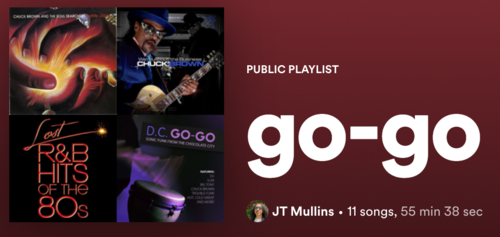
The playlist I made last week for my listening homework during our go-go unit — straight fire. Find me on Spotify, if you dare.
I’ll probably do a deeper dive into one (or a few) of these courses later, because I really do think that they’re great examples of why I value a holistic approach to education. I’m having a ton of fun, I’m constantly learning, and my work honestly doesn’t really feel like work. Life is good.
